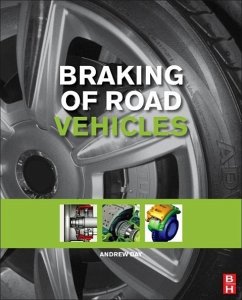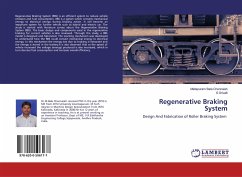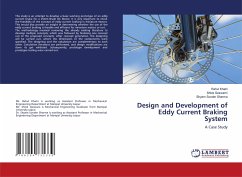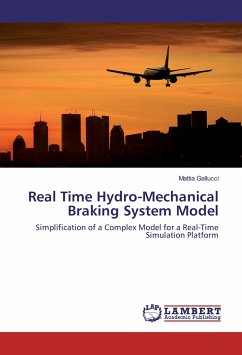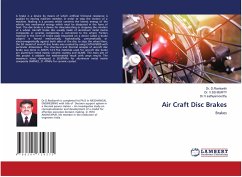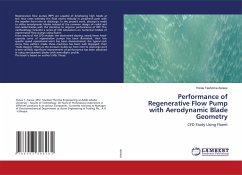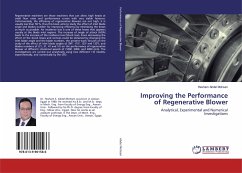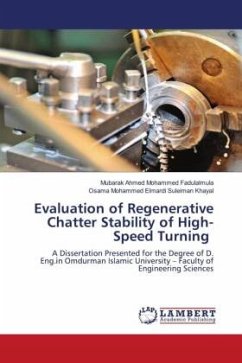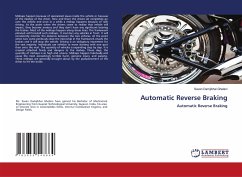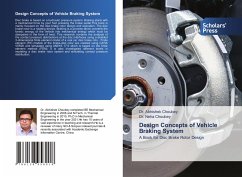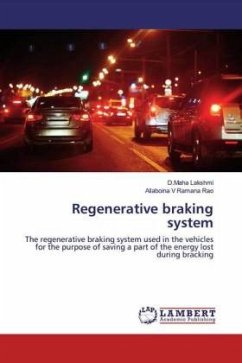
Regenerative braking system
The regenerative braking system used in the vehicles for the purpose of saving a part of the energy lost during bracking
Versandkostenfrei!
Versandfertig in 6-10 Tagen
27,99 €
inkl. MwSt.

PAYBACK Punkte
14 °P sammeln!
Generally in automobiles whenever the brakes are applied the vehicle comes to a halt and the kinetic energy gets wasted due to friction in the form of kinetic energy. Using regenerative braking system in automobiles enables us to recover the kinetic energy of the vehicle to some extent that is lost during the braking process. In this paper the author discusses two methods of utilizing the kinetic energy that is usually wasted by converting it into either electrical energy or into mechanical energy. Regenerative braking system can convert the kinetic energy into electrical energy with help of e...
Generally in automobiles whenever the brakes are applied the vehicle comes to a halt and the kinetic energy gets wasted due to friction in the form of kinetic energy. Using regenerative braking system in automobiles enables us to recover the kinetic energy of the vehicle to some extent that is lost during the braking process. In this paper the author discusses two methods of utilizing the kinetic energy that is usually wasted by converting it into either electrical energy or into mechanical energy. Regenerative braking system can convert the kinetic energy into electrical energy with help of electric motor. And it can also convert the kinetic energy into mechanical energy, which is supplied to the vehicle whenever it is needed, with the help of a flywheel.



